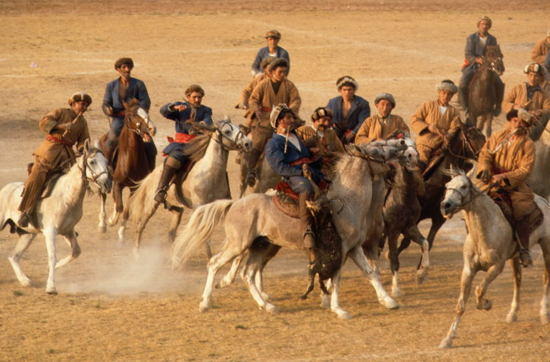Login form
Regional customs and habits
Customs of Brazil
Marriage and Family
 For a wedding to be official, a legal civil ceremony must be performed. Many Brazilians also have a religious ceremony. Wedding parties are often elaborate, with much food, drink, and music. Common-law marriages are not unusual.
For a wedding to be official, a legal civil ceremony must be performed. Many Brazilians also have a religious ceremony. Wedding parties are often elaborate, with much food, drink, and music. Common-law marriages are not unusual.
Families are traditionally large. Maternal and paternal sides of the family are considered equally important. The elderly who cannot care for themselves live with their children; it is considered improper to send them to a nursing home.
Customs of Cuba
Marriage and Family

Most Cubans get married in their 20s. A civil ceremony is followed by a small family party, and an increasing number of couples are also having church ceremonies. Honeymoons generally last about a week. Newlyweds usually live with one set of parents until they can obtain housing, which is in short supply.
Many households include grandparents as well as the nuclear family, and extended family members often live nearby. The average family owns a small house or apartment; many homes have electricity, running water, and consumer goods such as a television. Since the collapse of the Soviet Union in 1991 and the intensification of the U.S. blockade, however, power cuts and rationing have become common.
Customs of Afghanistan
 Marriage and Family
Marriage and Family
Teenage girls adopt pardah—a system in certain Muslim societies involving the seclusion or screening of women from men who are not close family members—and have no contact with men outside the immediate family.
Marriages are normally arranged, often with the senior women of the families playing a prominent role in the decision. Among urban or more Westernized families, it was sometimes permissible for a prospective bride and groom to meet with or view each other and approve of or reject the union. Marriages between cousins are common and often preferred, as they strengthen family ties. Matchmakers engage in lengthy negotiations over the bride-price and dowry.
Customs of South Africa

The Republic of South Africa is a country located at the southern tip of Africa, with a 2,798 kilometres (1,739 mi) coastlineon the Atlantic and Indian Oceans. To the north lie Namibia, Botswana and Zimbabwe; to the east are Mozambique and Swaziland; while Lesotho is an independent country wholly surrounded by South African territory.
Customs of Algeria
 Marriage and Family
Marriage and Family
Marriage represents the linking not just of individuals, but of families. Consequently, parents are closely involved in decisions regarding marriage partners. Women generally marry in their early 20s, and men a few years later.
Traditionally it was normal for three or more generations, including grandparents, married sons and their wives, and unmarried children, to share the same home. Today, in urban areas in particular, the smaller nuclear family has become more common. Male and female roles are clearly defined. Mothers are expected to care for the children and household, while fathers are responsible for family income and discipline. Children are expected not to question the authority of their parents and to take care of them when they are elderly.
